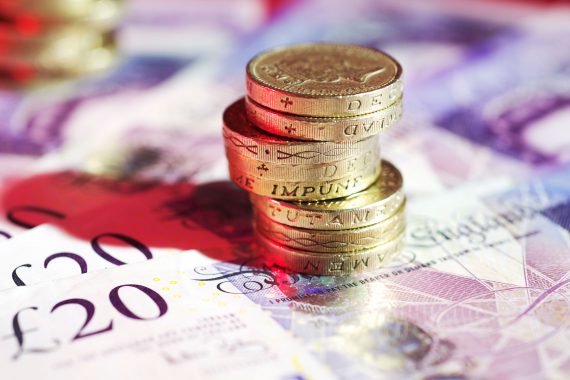The Department of Health and Social Care will be given ‘new powers’ to control the price of generic medicines after an investigation found that price hikes led to millions being spent unnecessarily last year.
The investigation, led by the National Audit Office (NAO), found that large price increases for generic medicines over the last year meant CCGs spent an extra £315m on medicines in 2017/18.
According to the NAO, the price increases may have occured due to a fall in the value of sterling, or manufacturers withdrawing from some overseas markets, reducing capacity and competition, and causing increased prices within the UK market.
The report said: ‘The price increases resulted in additional unforeseen costs for CCGs. The NAO estimates the net spend by CCGs on concessionary priced medicines at £315m in 2017/18 (i.e. over and above what would have been spent if the Drug Tariff price applied), which is seven times greater than the equivalent spend in 2016/17.’
As a result, the NAO said in its report: ‘The Department will have new powers to control the price of generic medicines, which are due to come into force from July 2018.’
This will mean that not only is it mandatory for medicine suppliers to provide regular information on sales, but companies must notify the DHSC of any supply issues, or plans to discontinue supply.
However, the report warned that the ‘new powers are untested and will require sufficient resources’.
A DHSC spokesperson said: ‘Our number one priority is to ensure that patients have access to safe and effective medicines.
‘We have some of the cheapest drug prices in Europe and although the number of concessionary prices increased, the overall spend on generic medicines went down compared to last year.’
The DHSC added that as some of the agreed prices were set higher than necessary, it should be able to recoup around £86m of the £315m, through established reimbursement mechanisms.
But Public Accounts Committee chair Meg Hillier MP said: ‘The exponential increase in generic drug costs, in some cases tenfold, means money that could have been spent on local healthcare has instead been eaten up in an inflated drugs budget.
‘NHS England needs to make sure this does not happen again.’
This news comes after annual figures found that despite the number of prescription issued by GPs rising between 2016 and 2017, the total cost fell by £30m.
Pulse July survey
Take our July 2025 survey to potentially win £1.000 worth of tokens












